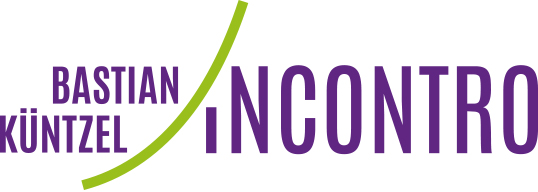Over the past months I’ve been spending a lot of time learning something new. I dove into audio-recording, mixing, editing. I’ve tried to become a better interviewer. I’ve learned about the podcasting space that I’ve been an avid consumer of, but hadn’t known anything about the producing side. For the past decade, I’ve been listening to podcasts on almost every trip, dish-washing and cleaning moment, commute - you name it. But it wasn’t before Myriam Hadnes encouraged me to give it a try that I dared to cross the threshold into the production space.
The result of it was a public learning process that is now wrapped up with Season 1 of Learner Journeys. Public learning because I’ve learned a lot with each conversation that I recorded. Even if no-one ever listens to Learner Journeys, I’m incredibly thankful for the time and generosity of my guests on Season 1. I’ve taken a lot from each of those interviews. But public learning as well, because I’m learning with each episode how to better edit, how to better interview, how to better mix, how to fully use the technology I have access to.
If you haven’t yet, I would encourage you to listen to the conversations that are out and available.
With Tamara Thorpe, I spoke about her journey to be the trainer, coach and consultant she is today. What and who influenced her. What her fundamental approaches, perspectives and philosophies for facilitation are. It’s fun, insightful and heartwarming.
With Madi van Schalkwyk, I spoke about her activism in the Human Library South Africa. How she made the step from being a graphic designer into the social justice space. What she has learned from the human books and volunteers that she works alongside with in the Human Library. Her incredibly insightful, humble and generous thoughts on vulnerability, safety, authenticity and curiosity really stayed with me.
Justin Sitron is a professor for human sexuality, but we met years ago in the context of an international peace education organisation. His thoughts on learner centric and participatory facilitation in the context of formal education made be very hopeful about the potential of growth and transformative learning in spaces like school and universities.
My conversation with Tatyana Fertelmeyster was incredibly fun. She is a giant in the field of facilitation. A mutual friend once called her ‘a facilitator’s facilitator’. She tells stories about her work that are just a joy to listen to, but she connects them with profound insights about what learning needs, what learning is and how we can be of service to the people we accompany.
With Eileen Gricuk I spoke about the particularities of the one-on-one learning space: coaching. Eileen comes with a background in finance, but then changed towards her true calling of helping others learn and grow by becoming a coach. Now, she went back to school herself and is studying in Northern Ireland a course in conflict resolution and transformation. Her kindness, humility and the clarity of her thinking really touched me.
Joel Brown is many things: a trainer and coach, an academic teacher, a consultant, and a poet. We talked about his path to doing ‘the work’, as he calls it. Equality, justice, inclusion - helping others to rise up to their potential and challenge their perspectives with kindness, love and compassion. The episode ends with a spoken word poem that’ll blow your socks off (it certainly did blow off mine).
I’m very thankful to all my guests on season one for their time, their trust in me, their openness and their generosity.
I’m working now on Season 2. If you know someone who you think should definitely be a guest, let me know. I’d love to hear from voices outside my already existing circle of contacts. If you would like to be a guest on the show yourself - get in touch. It’s a great reason to put time in the calendar to talk about learning.















